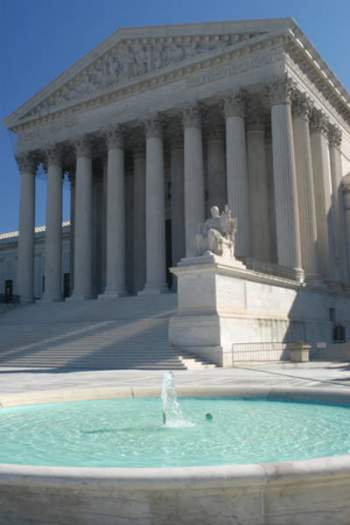
3 Things You Need to Know About Court Appeals

What are Court Appeals?
Court Appeals are the procedures in which individual court cases may be brought before a court of law in lieu of a preexisting decision set forth subsequent to a trial; in these cases, individuals retain the right to apply for an appeal in court allowing them opportunity to represent their individual cases for supplemental judicial review – judicial review is the legal process in which a presiding judicial body or institution undergoes an analysis of case details latent in order to provide for a decision.
In certain cases, individuals participatory – or in receipt – of judicial review may be dissatisfied by the findings of a particular judicial institution; the reasoning for any or all dissatisfaction may vary – the provision of valid, substantiated, and administrative regulatory Court Appeals with regard to an individual case is necessary in order to facilitate the appeals process.
The Nature of an Appeal in Court
Although Court Appeals may vary within nature, history, and circumstance, the requirements for the approval of Court Appeals are typically uniform; this consists of an overwhelming, valid, and logical petition suggesting the presence of legal defect within the initial hearing. The provision of this information is instrumental with regard to the approval process applicable to an Appeal in Court:
Applications for Court Appeals set forth both resulting from and consisting of bias, subjective analysis, personal dissatisfaction absent of founded proof and evidence, and emotional diatribe should not be submitted; legal defect is a notion that is procedural in nature typically absent of personal opinion – although individuals may be dissatisfied with the initial ruling, Court Appeals will not take place in the event that there lacks evidence of unconstitutionality
Petitions for an Appeal in Court that include presumed judicial oversight, legal defect, legislative mishaps, unconstitutionality, and the violation of rights are one of the many circumstances that may be presented in a letter of appeal; these events should be conveyed in a neutral, unbiased, and informative manner
Civil Court Appeals vs. Criminal Court Appeals
The two primary classifications of Court Appeals exist within the realms of civil law and criminal law. While Civil Court can only mandate financial restitution subsequent to sentencing, criminal court may institute both punitive recourse and financial restitution; however, both a Civil Appeal in Court and a Criminal Appeal in Court have the following in common:
Typically, only the parties involved in the trial may file a petition for Court Appeals; this is contrast to certain jurisdictions existing on a n international level within which anyone involved in the hearing is permitted to petition for an appeal – this includes attorneys and court officials
Individuals engaging within both Civil Court Appeals and Criminal Court Appeals will be eligible to post bail in the event that bail or bond is permitted; in addition, each individual is entitled to legal representation with regard to a hearing taking place in an appellate court
In both cases, filing fees and supplemental charges must be satisfied upon the presentation of applications petitioning Court Appeals
NEXT: Filing an Appeal





















